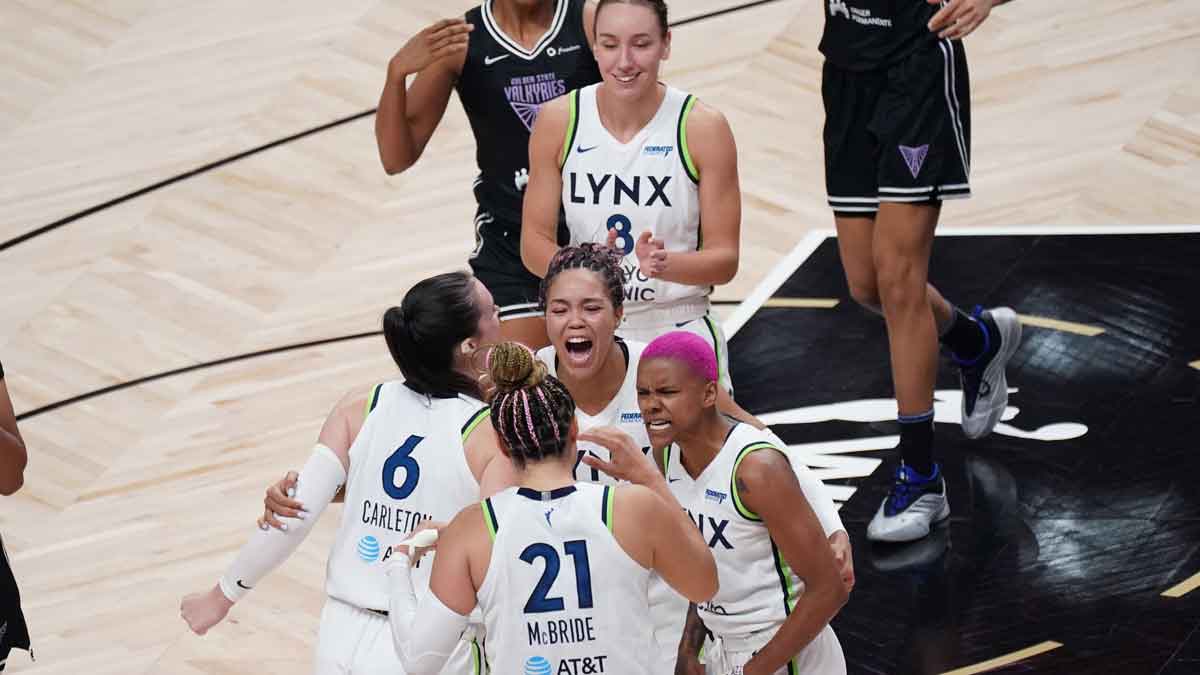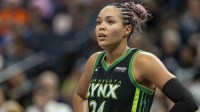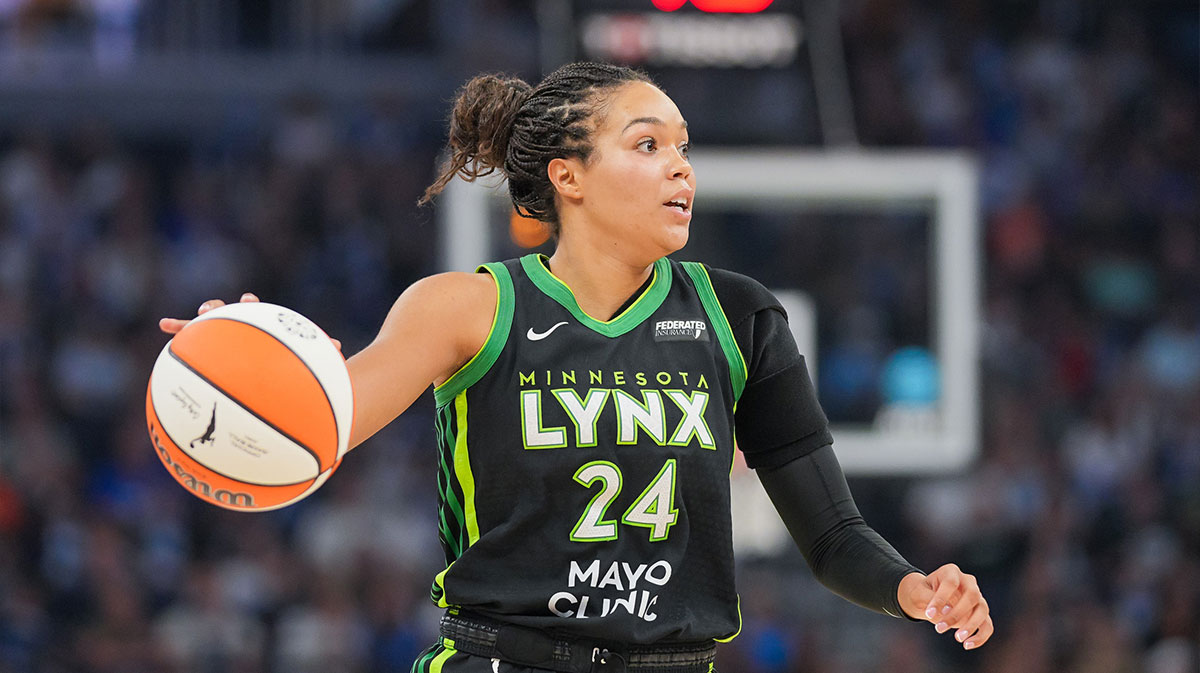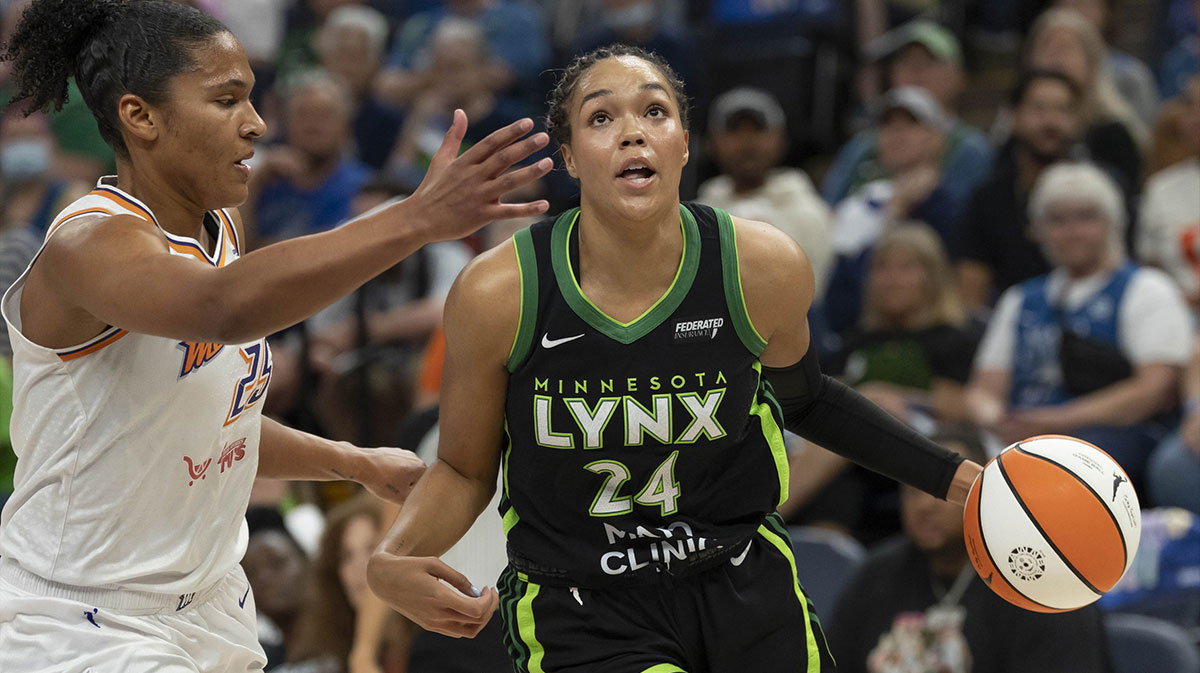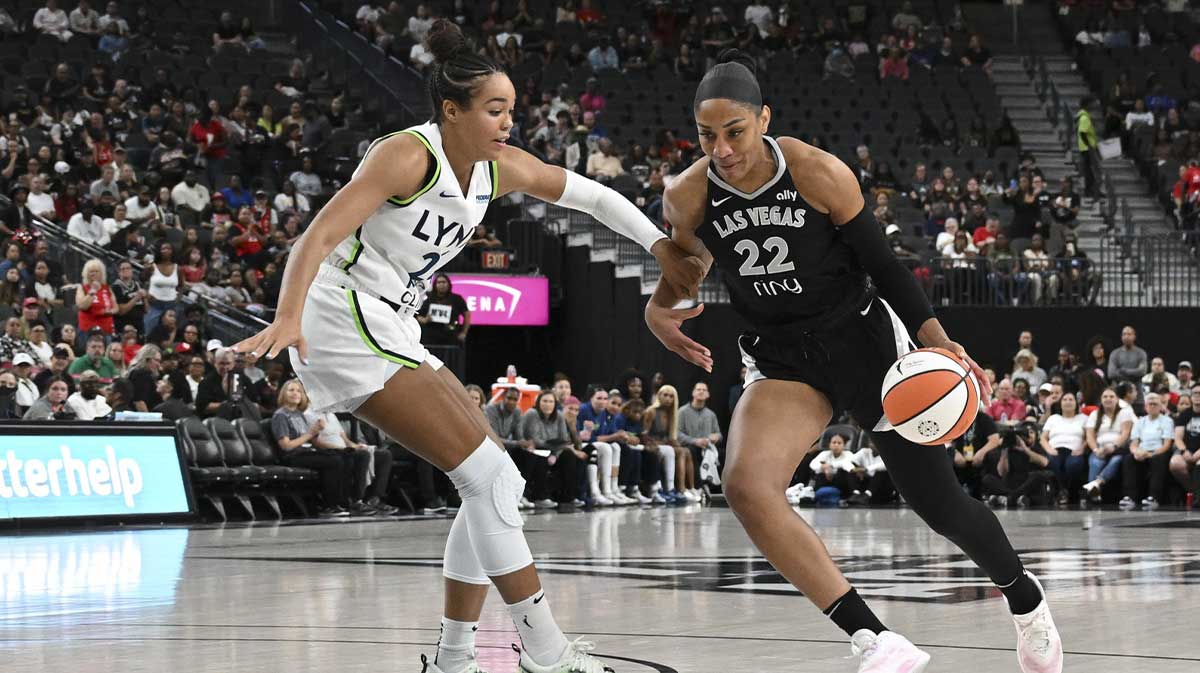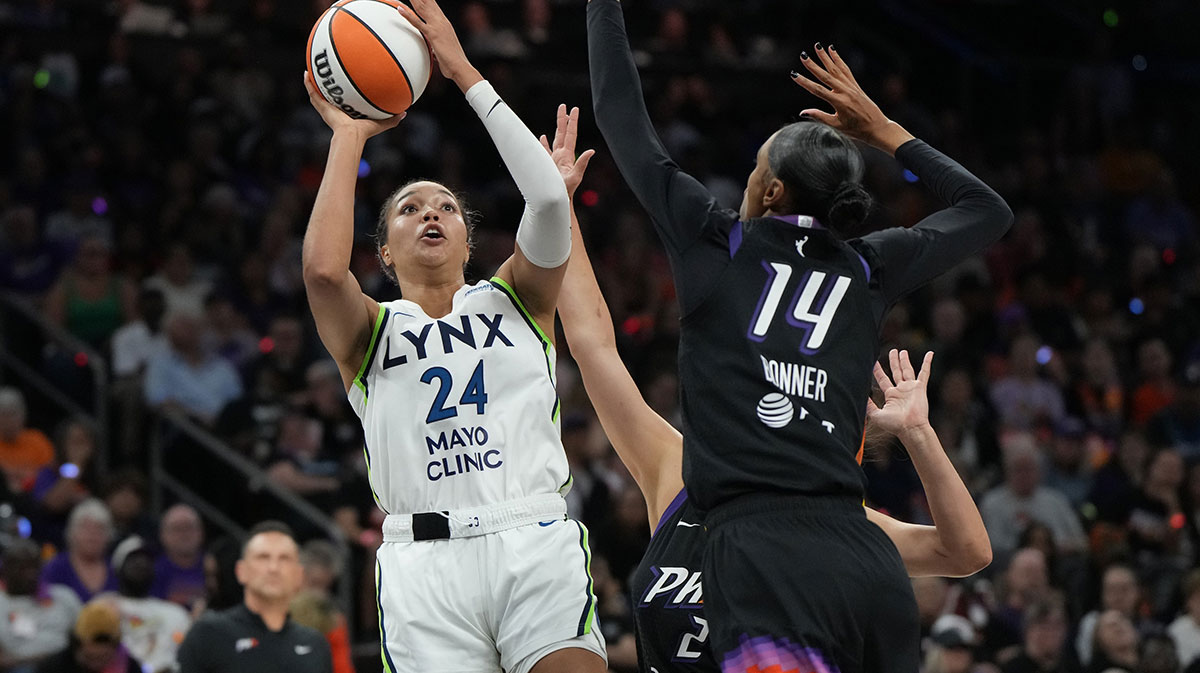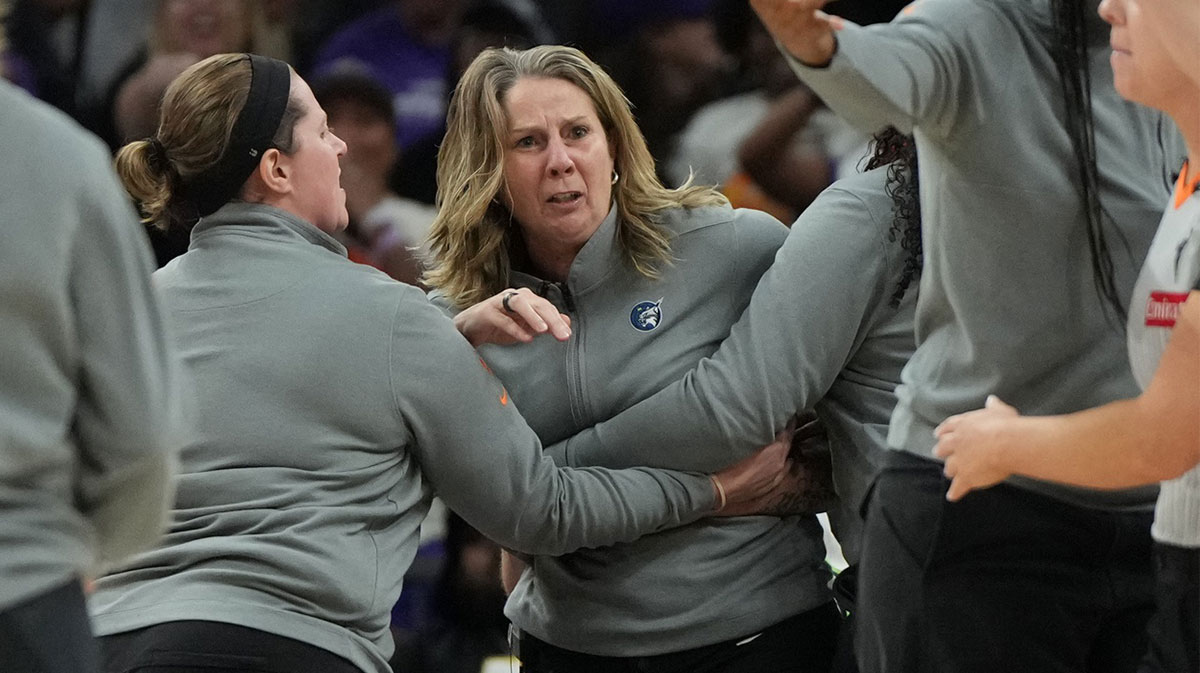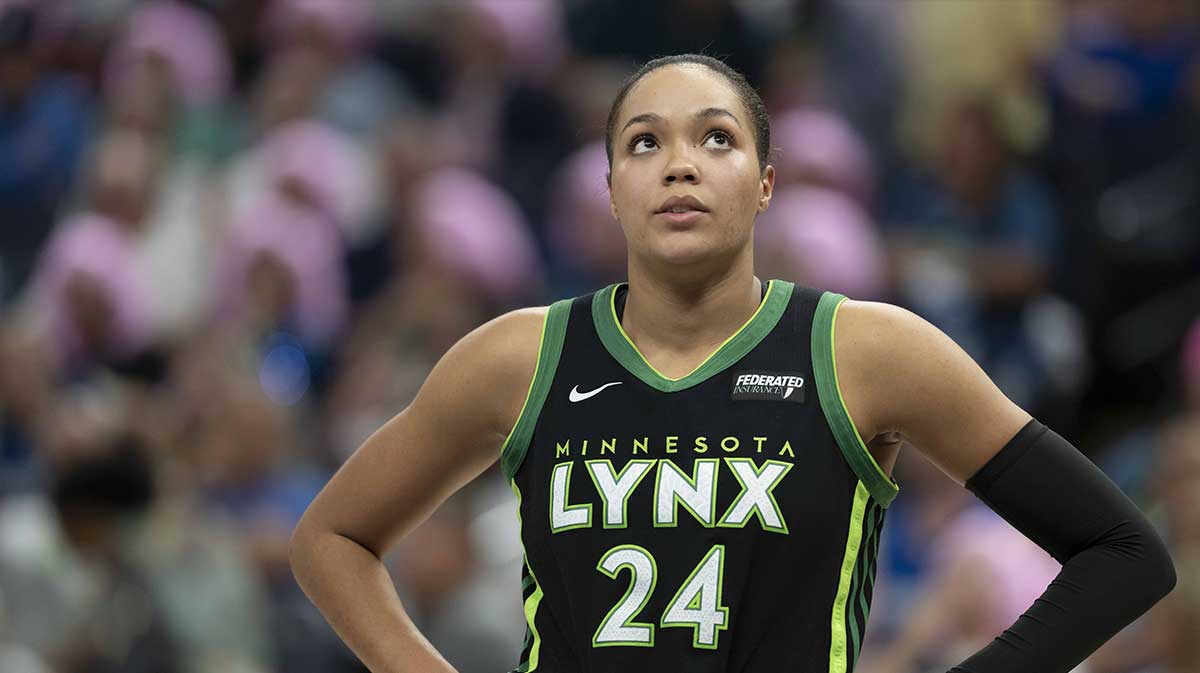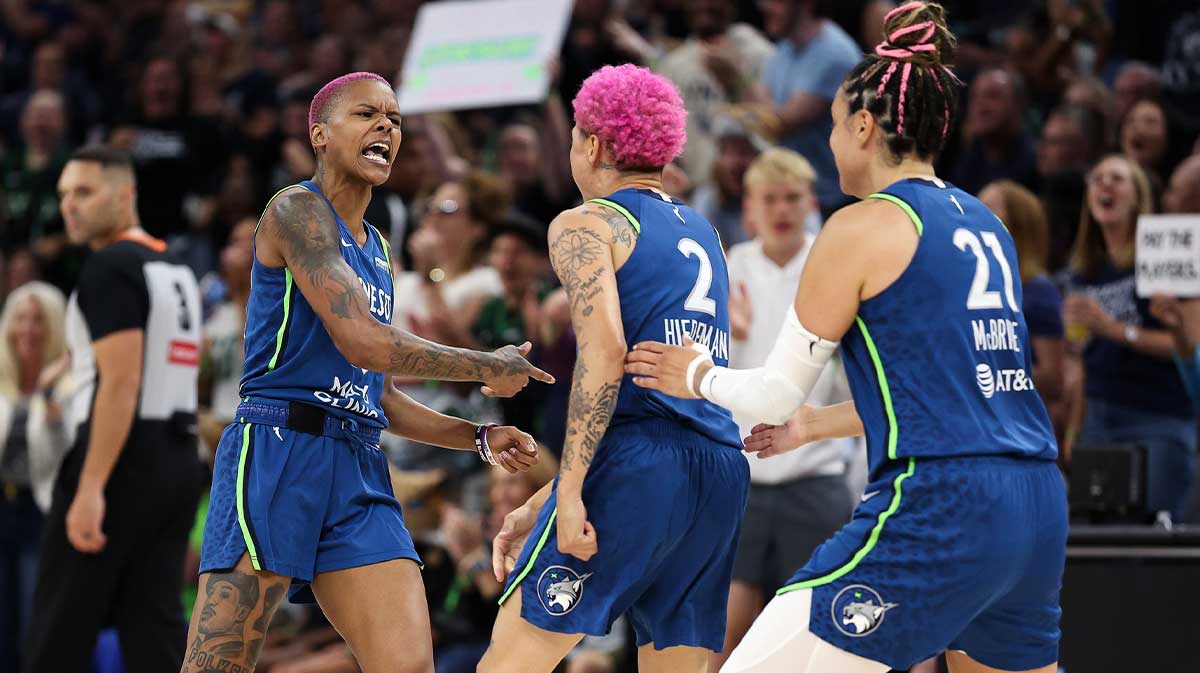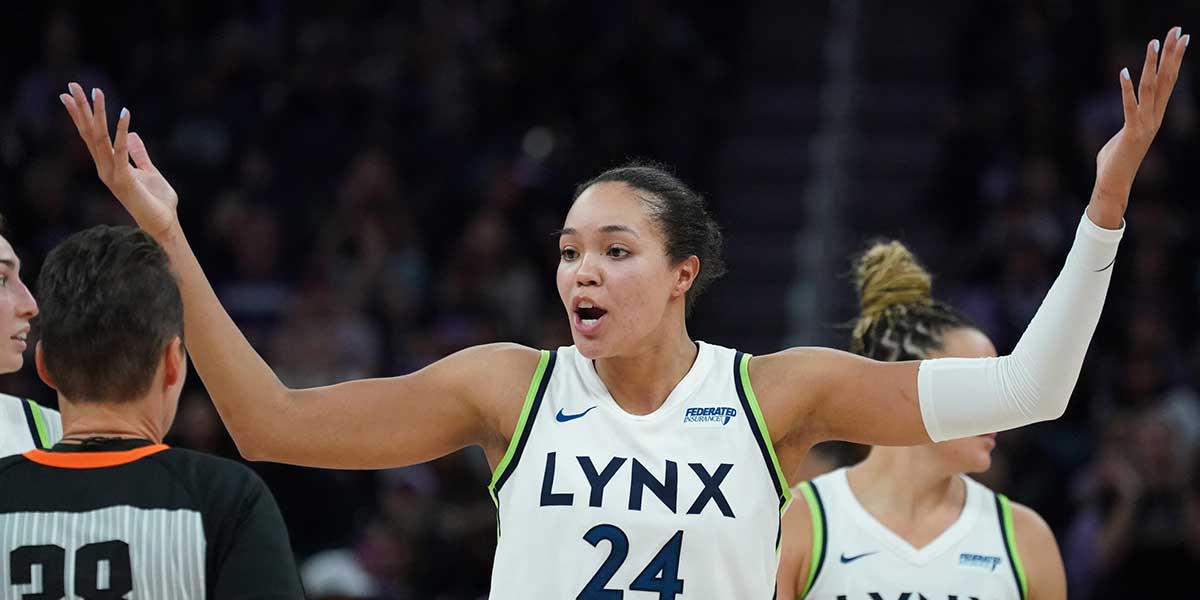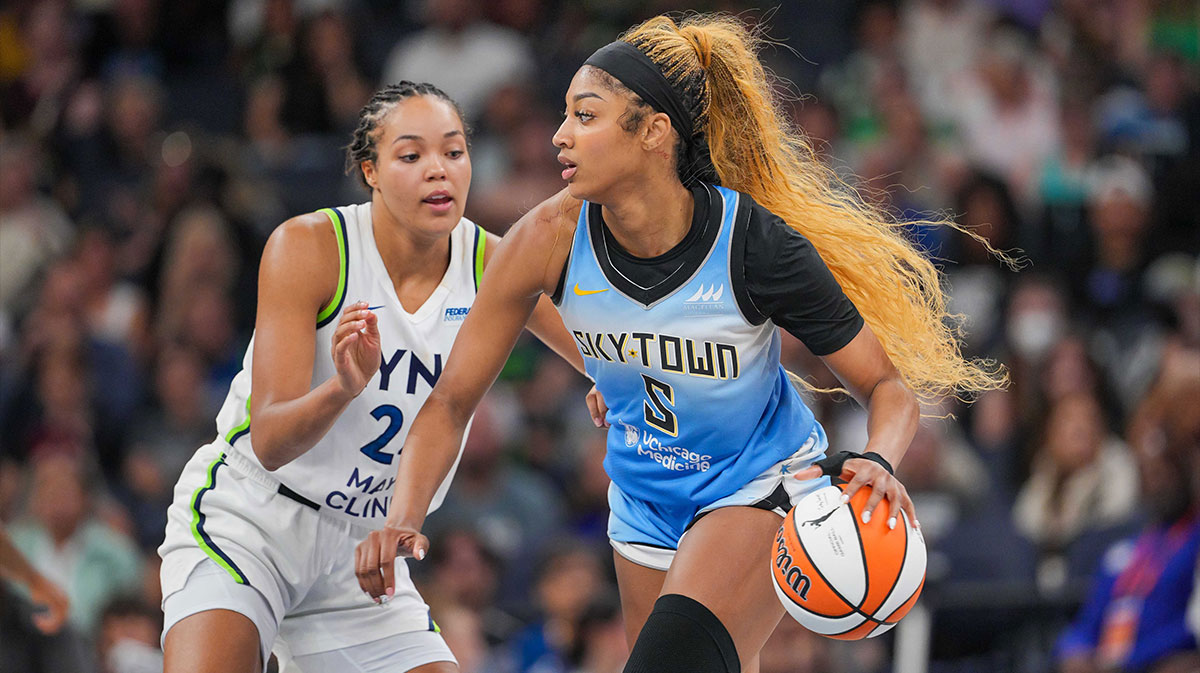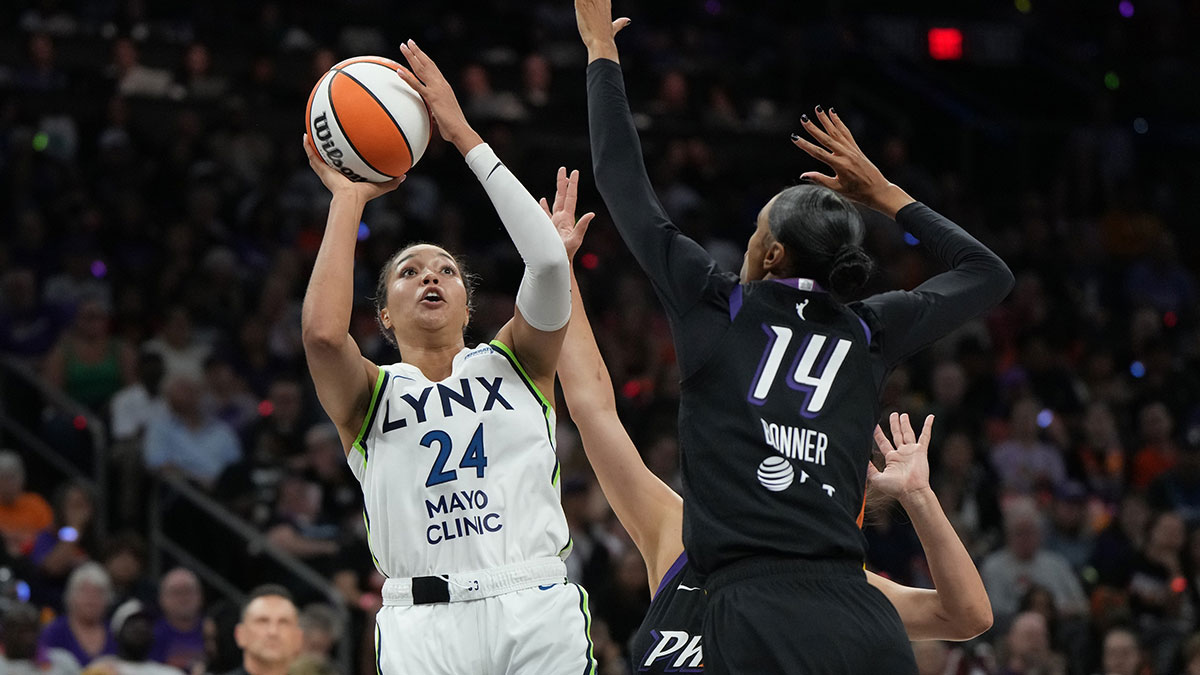The Minnesota Lynx have taken a crucial first step in their 2025 WNBA Semifinal series against the Phoenix Mercury with a well-earned Game 1 victory. But in a best-of-five format against a veteran opponent like Phoenix, one win is far from a guarantee. The Lynx will need more than momentum to close out the series and earn a spot in the Finals. They must execute strategically, stay mentally sharp, and adapt tactically. Let's look at the key factors, both tactical and mental, that Minnesota must focus on to successfully navigate the remainder of the semifinals and reach its championship goal.
🔟 got BUSY. pic.twitter.com/jYhktAXXkT
— Minnesota Lynx (@minnesotalynx) September 22, 2025
1. Enhance defensive pressure
The turning point in Game 1 came after halftime, when the Lynx tightened their defense significantly. They had allowed 47 points in the first half but limited Phoenix to just 22 in the second, thanks in part to smarter rotations and increased physicality. To win the series, Minnesota must not only maintain but also extend that kind of defensive performance throughout all four quarters. Defensive effort can’t be reactive — it must be the team’s identity from the opening tip, which means smart traps, quick switches, and denying entry passes to Phoenix’s playmakers. A consistent, high-level defensive standard will give the Lynx the edge in close games and stifle the Mercury's offensive rhythm.
2. No more slow first halves
The first half of Game 1 exposed a troubling trend of sluggish starts. Although the Lynx eventually recovered, coming from behind repeatedly is not a sustainable formula against a team like the Mercury. Starting strong, especially on the defensive end, sets the tone for the game and prevents opponents from building confidence early. Minnesota must focus on locking down defensively in the first quarter and making Phoenix uncomfortable from the outset. Quick rotations, active hands, and controlling the boards early can take the Mercury out of their game plan and put the Lynx in a position of strength.
3. Make Alyssa Thomas work on both ends
Phoenix’s engine, Alyssa Thomas, was held to only two points in the second half of Game 1 due to Minnesota’s smart defensive schemes. However, the Lynx should also focus on making her expend energy on defense. Forcing Thomas to chase shooters, defend quicker guards on switches, or contest shots far from the basket can limit her stamina and offensive impact. By attacking her in multiple ways, Minnesota can gradually reduce her efficiency and potentially force her into foul trouble, weakening Phoenix’s overall strategy.
4. Dominate the paint
In the early stages of Game 1, Phoenix had its way in the paint, and that can't become a pattern. The Lynx must commit to being the more physical team inside. Defensively, they must prevent post touches, block out with discipline, and protect the rim. Offensively, Napheesa Collier and Alanna Smith should assert themselves near the basket, drawing fouls and creating space for perimeter shooters. A team that controls the paint controls the tempo, and that is especially important in playoff basketball.
5. Win the rebounding battle every game
Rebounding is often the most overlooked but decisive aspect of playoff games. Phoenix is adept at generating second-chance points, and Minnesota can't afford to allow its opponent to get those extra opportunities. Every player must be involved in rebounding, not just the forwards. Guards like Courtney Williams and Kayla McBride need to crash the boards more consistently and initiate transition offense when possible.
Offensively, the Lynx should pursue rebounds strategically to extend possessions and create high-percentage looks. Winning the rebounding battle each game will reduce Phoenix’s shot volume and help Minnesota control the flow of the contest.
6. Execute with purpose on offense
Offensive efficiency is critical, especially against a veteran team that can exploit every misstep. In Game 1, the Lynx at times relied too heavily on isolation plays, which led to stagnation. To counter this, they need fluid ball movement, player motion, and purposeful sets that create mismatches. This includes using dribble handoffs, pick-and-roll actions with Collier, and off-ball screens to free up shooters like McBride. Intentional offense reduces turnovers, creates better shot opportunities, and keeps the opposing defense off balance.
7. Get consistent bench production
Minnesota’s depth has taken a hit with the injury to DiJonai Carrington, which makes bench contributions even more essential. Players like Natisha Hiedeman, Jessica Shepard, and Bridget Carleton must bring energy, particularly on defense, and avoid mental errors that shift momentum in the other direction. The bench doesn’t need to outscore Phoenix’s reserves, but it must provide stable minutes that allow starters to rest without losing control of the game. In a tightly contested series, a timely steal, rebound, or 3-pointer from a role player can change everything.
8. Avoid foul trouble
Foul trouble can derail even the most well-prepared game plans. The Lynx must find the balance between staying aggressive and remaining disciplined. Avoiding unnecessary fouls, especially away from the ball or in transition, is crucial to keeping key players on the court. At the same time, head coach Cheryl Reeve must manage minutes strategically, ensuring that Collier, Williams, and McBride are fresh in the final minutes of each game. Long playoff series are won not just with talent, but with intelligent management.
9. Maintain perimeter discipline
While Phoenix shot poorly from beyond the arc in Game 1, just 3-of-23 attempts, that trend is unlikely to continue. The Mercury have capable shooters, and if the Lynx give up open looks, the series can swing quickly. Defenders must close out under control, avoid leaving corner shooters, and communicate through off-ball screens. Consistently contesting perimeter shots will reduce Phoenix’s efficiency and keep Minnesota in control of tempo and momentum.
10. Defend the Target Center
Winning on your home floor is a golden rule in playoff basketball. Minnesota’s Game 1 victory at Target Center was fueled in part by the crowd’s energy and the comfort of playing at home. The Lynx must now capitalize on that advantage in Game 2 by coming out aggressively, building an early lead, and sustaining energy throughout. Winning both home games puts enormous pressure on Phoenix to win three straight, including a potential Game 5 back in Minnesota.
11. Be mentally ready for a test on the road
Road playoff games are tests of toughness and focus. The Mercury will play more freely and confidently on their home floor, so the Lynx must prepare to face anything that might come their way, including early deficits, hostile fans, and perhaps less favorable officiating. Mental resilience, built on trust in their system and each other, will be the key to weathering those storms. Whether the goal is to steal a game in Phoenix or simply avoid letting one loss become two, Minnesota must approach each road game with focus and emotional control.
12. Prepare for Mercury's adjustments
Veteran teams adjust quickly, and the Mercury will operate no differently. They will likely come into Game 2 with tactical changes, such as shifting defensive coverages, increasing ball movement, or playing to their strengths with a smaller lineup to spread the floor. The Lynx must anticipate these moves and respond accordingly. This requires preparation, flexibility, and excellent in-game coaching. Adjusting quicker than your opponent often decides playoff outcomes, especially in a back-and-forth series.
13. Handle pressure-filled moments with poise
Playoff basketball is mostly defined by what happens in the final minutes of each game. Game 1 was tied entering the fourth quarter, and Minnesota’s composure in that stretch ultimately sealed the win. Going forward, the Lynx must stay poised under pressure. That means valuing every possession, executing plays cleanly, and trusting their veterans to make decisions. Clutch defense, rotations, contests, and rebounds also can't falter. This is the time when stars shine and champions emerge.
14. Maximize Kayla McBride’s shooting threat
McBride’s shooting ability is a critical weapon. Even when she’s not scoring, her presence alone warps the defense as she pulls the opponents' attention. Minnesota must actively scheme to get her involved early, whether through screens, pin-downs, or pick-and-pop actions. If Phoenix starts to overcommit to her, the Lynx must punish that with quick ball reversals and inside looks. When McBride is in rhythm, the Lynx become exponentially harder to guard.
15. Feed Courtney Williams’ all-around game
Williams brings much more than just scoring to the table. Her rebounding, defensive ability, and playmaking were all on display in Game 1. The Lynx should continue using her in multiple roles, as an on-ball creator, secondary ball-handler, and defensive disruptor. Giving her space to operate can help balance the offense and would take pressure off Collier and McBride. Her competitive edge and energy also set the tone for the rest of the team.
16. Lean on Collier as a two-way star
Collier is the centerpiece of this Lynx team, and her importance on both ends of the floor can't be overstated. Offensively, she must remain aggressive, seeking touches in the post and the high elbow where she can exploit slower defenders. Defensively, she anchors the paint while still being quick enough to switch on guards. If Minnesota wants to reach the Finals, Collier has to continue to lead with consistency, toughness, and confidence.
17. Close out games with confidence
Closing games is a skill, and the Lynx demonstrated it well in Game 1. Still, future matchups are likely to be even tighter. To close out games consistently, Minnesota should continue trusting its sets, valuing possessions, and avoiding hero ball. Defensively, they need to focus on stops, limit fouls, and secure rebounds. Confidence comes not just from talent, but from preparation and discipline — qualities this Lynx team is surely capable of mastering.
18. Stay healthy and manage physical toll
Finally, health will always be a key factor in any playoff run. With Carrington out and other players logging heavy minutes, Minnesota must prioritize recovery between games. Training staff, coaching strategy, and smart rotations all play a role in keeping players physically and mentally fresh. A healthy Lynx team has the balance and depth to reach the Finals, but an injured one could see its run cut short.
The Lynx are just two wins away from returning to the WNBA Finals. Their Game 1 victory was a promising sign, but it’s only a beginning. To reach the Finals, they must sharpen their defense, manage game tempo, execute offensively, and remain resilient under pressure. With leadership from Collier, McBride, and Williams — and with adjustments in key areas — the Lynx are more than capable of closing out this series and making a deep championship run.

